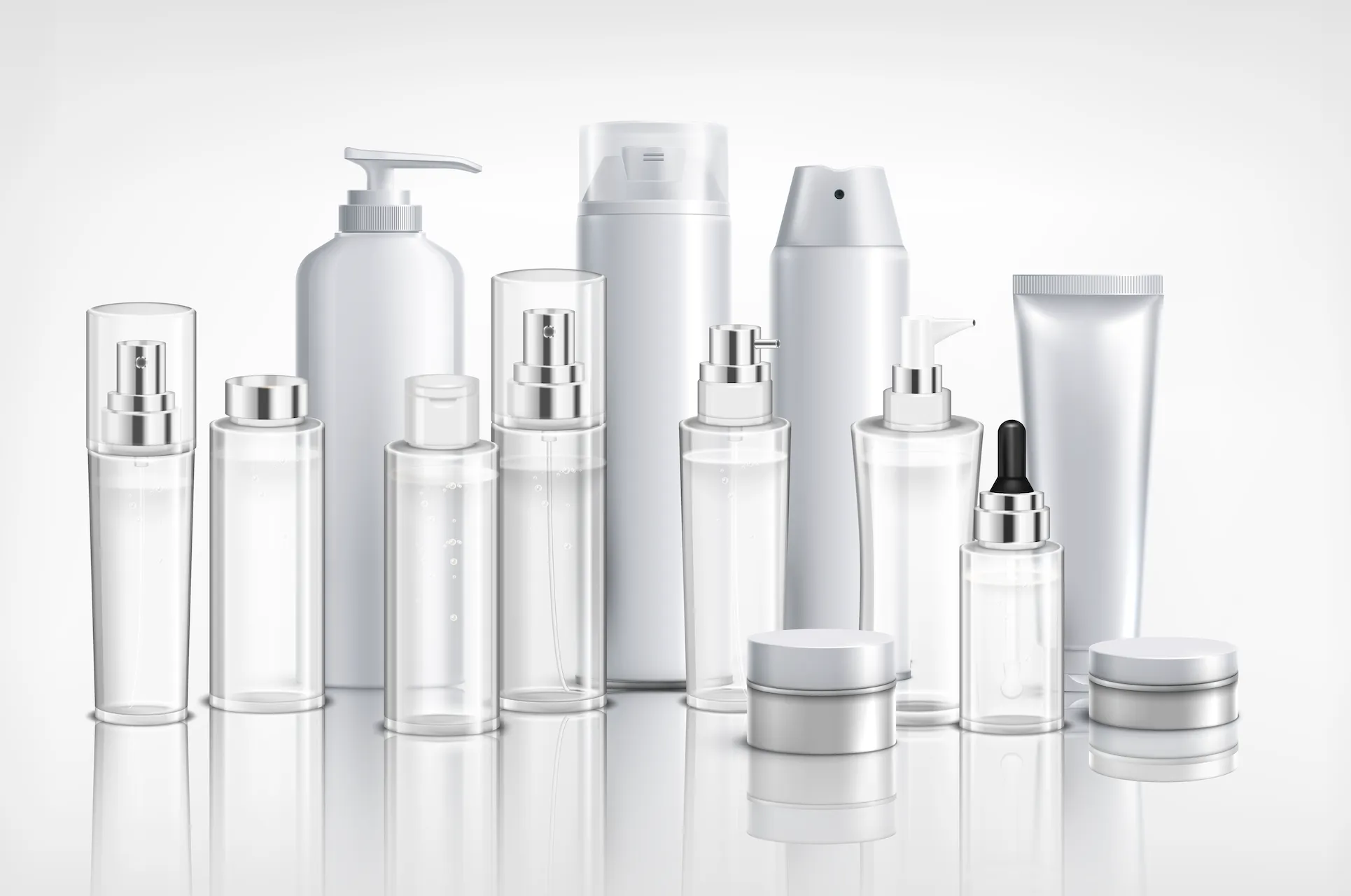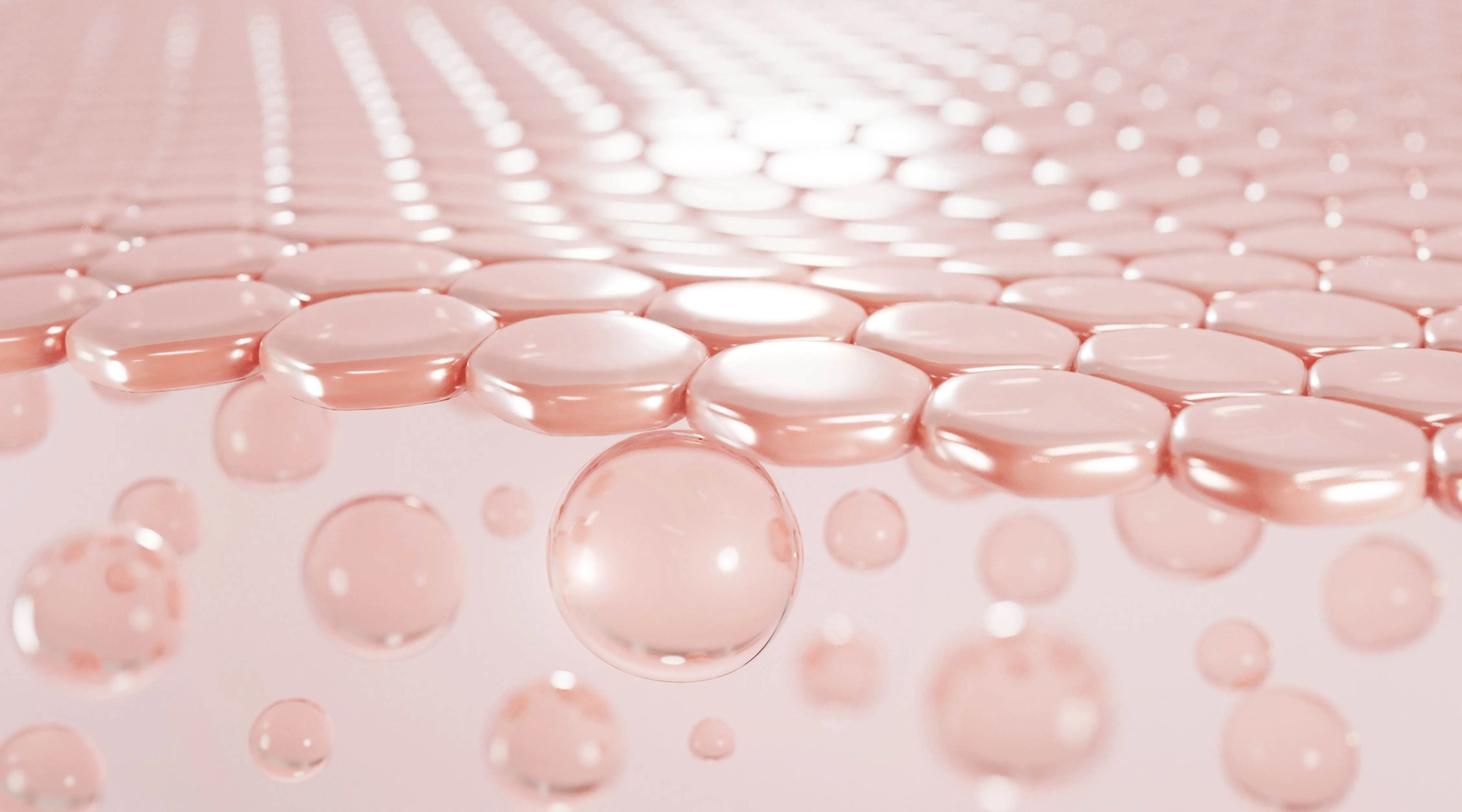Understanding Skin Hydration

Skin hydration is a fundamental aspect of skincare that directly influences the health and appearance of our skin. While the term is commonly used, understanding the intricacies of skin hydration is essential for developing an effective skincare routine. In this article, we will delve into the science behind skin hydration, exploring its mechanisms and providing insights into achieving and maintaining optimal hydration.
The Skin's Moisture Barrier: The outermost layer of our skin, known as the stratum corneum, acts as a protective barrier against external factors. It consists of skin cells and lipids that work together to prevent water loss and maintain hydration. Understanding this barrier is crucial for addressing dehydration issues.
Natural Moisturizing Factors (NMF): Within the stratum corneum, there are natural moisturizing factors (NMF) that play a vital role in skin hydration. These include amino acids, fatty acids, urea, and lactic acid. NMF attract and retain water, contributing to the overall hydration levels of the skin.
Importance of Hyaluronic Acid: Hyaluronic acid is a star player in skin hydration. This naturally occurring substance holds vast amounts of water, providing plumpness and suppleness to the skin. Skincare products often incorporate hyaluronic acid to enhance hydration and reduce the appearance of fine lines.
External Factors Affecting Hydration: Various external factors impact the skin's hydration levels. Environmental elements, such as humidity and temperature, can influence how much moisture the skin retains. Additionally, lifestyle factors, including diet, sleep, and exposure to harsh skincare products, can either support or hinder skin hydration.
Dehydration vs. Dryness: Distinguishing between dehydration and dryness is crucial for effective skincare. Dehydration refers to a lack of water, while dryness is a lack of oil. Skin can be oily and dehydrated simultaneously. Tailoring your skincare routine to address these specific concerns is key to achieving a balanced complexion.
Signs of Dehydrated Skin: Recognizing the signs of dehydrated skin is essential for targeted skincare. Common signs include tightness, dullness, increased sensitivity, and the appearance of fine lines. Understanding these indicators allows for proactive measures to restore and maintain skin hydration.
Hydration from Within: Internal factors, such as diet and hydration, significantly impact the skin's moisture levels. Drinking an adequate amount of water and consuming foods rich in water content, antioxidants, and essential fatty acids contribute to overall skin health and hydration.
Choosing Hydrating Skincare Products: When selecting skincare products, prioritizing those with hydrating ingredients is essential. Look for products containing hyaluronic acid, glycerin, aloe vera, and ceramides, as these ingredients support the skin's natural moisture balance.
Creating a Hydrating Skincare Routine: Establishing a consistent skincare routine that addresses hydration is crucial. This includes cleansing, exfoliating, moisturizing, and incorporating targeted treatments to address specific skin concerns. Consistency is key to achieving and maintaining optimal skin hydration.
Understanding skin hydration goes beyond surface-level awareness. It involves recognizing the skin's complex structure, the role of natural moisturizing factors, and the impact of internal and external factors. Armed with this knowledge, individuals can tailor their skincare routines to meet the unique hydration needs of their skin, resulting in a healthy, radiant complexion.





